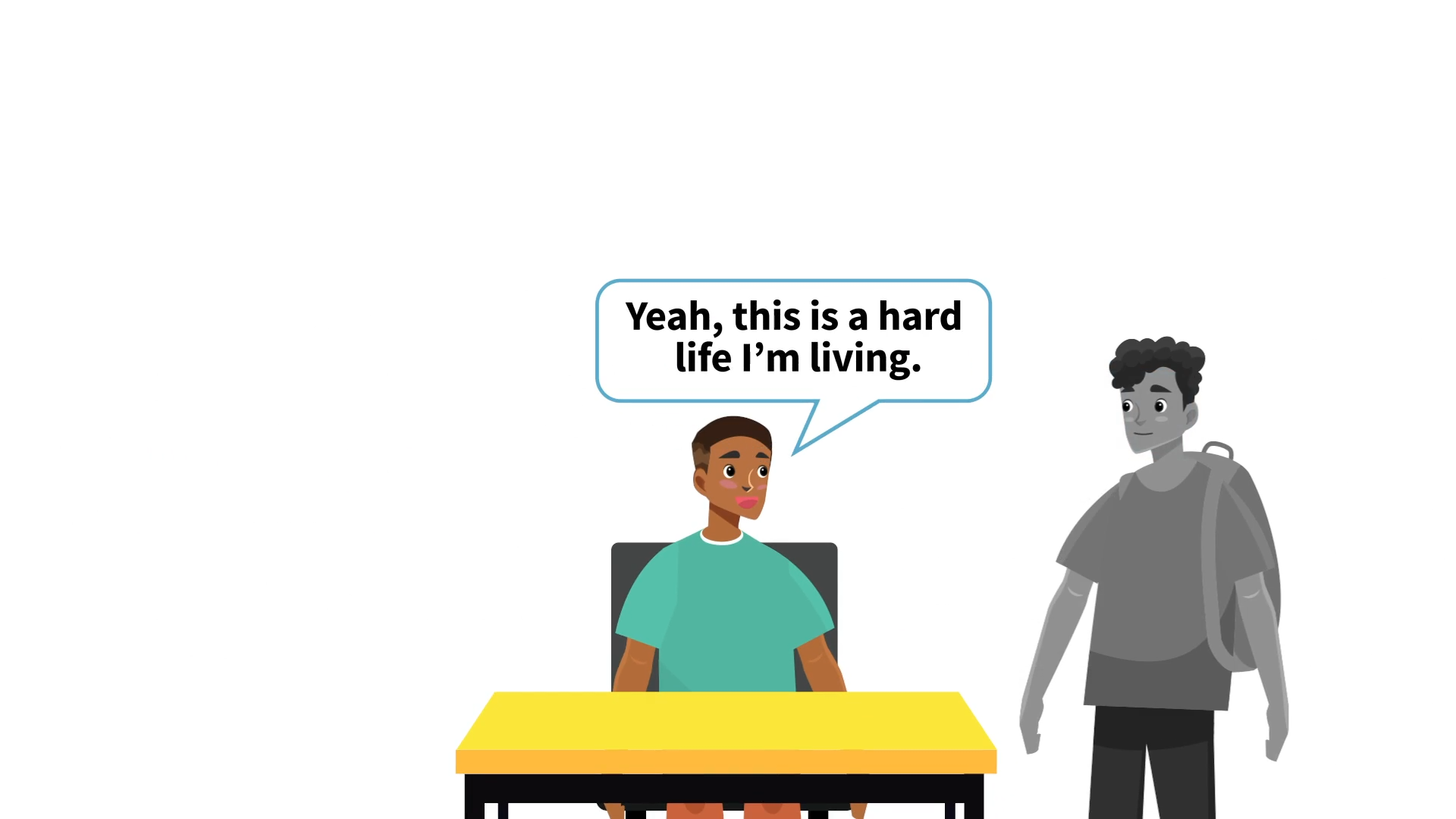
Introduction
Sarcasm is a common form of communication that can be challenging for some students to understand, especially those in special education. It is a type of Disguised Thought, where words have more than one meaning. As educators, it is our responsibility to teach students how to recognize sarcasm and interpret the underlying message. This blog post will provide an overview of sarcasm detection, present a no-prep activity, offer discussion questions, and suggest related skills to further support students in their learning journey.
No-Prep Activity: Sarcasm Detective
This activity requires no preparation or materials, making it a quick and easy way to engage students in understanding sarcasm. Here’s how it works:
- Have the students sit in a circle or semi-circle.
- Choose a volunteer to be the “Sarcasm Detective.”
- As the educator, provide a series of statements, some sarcastic and some not. For example, “Wow, I just love waiting in long lines!” (sarcastic) or “I really enjoy reading books.” (not sarcastic).
- The Sarcasm Detective must decide if the statement is sarcastic or not by considering the tone of voice, the words used, and the situation.
- After the Sarcasm Detective makes a decision, encourage the other students to share their thoughts on whether they agree or disagree.
- Rotate roles so that every student has a chance to be the Sarcasm Detective.
This activity helps students practice listening to tone of voice, thinking about the words used and the situation, and reading the speaker’s mood. It also encourages group discussion and peer learning.
Discussion Questions
Use these questions to stimulate further conversation and understanding of sarcasm:
- Why do people use sarcasm? What are some situations where sarcasm might be more common?
- How does understanding sarcasm help us in our everyday lives? Can you think of a time when you recognized sarcasm and it helped you understand someone’s message better?
- What challenges might someone face when trying to understand sarcasm? How can we support these individuals in recognizing and interpreting sarcastic statements?
- How can sarcasm be misinterpreted? What might be the consequences of not understanding sarcasm?
- What are some other examples of Disguised Thoughts? How are they similar to or different from sarcasm?
Related Skills
In addition to sarcasm detection, there are other relevant skills that can support students in their social-emotional development:
- Nonverbal Communication: Understanding body language, facial expressions, and gestures can provide valuable context when interpreting sarcasm.
- Empathy: Developing empathy can help students consider the feelings and perspectives of others, which is crucial when interpreting sarcasm and other Disguised Thoughts.
- Active Listening: Focusing on the speaker and asking clarifying questions can aid in understanding sarcasm and other forms of communication.
- Humor Appreciation: Recognizing and appreciating humor can help students better understand the playful nature of sarcasm and its role in social interactions.
Next Steps
Now that you have an overview of sarcasm detection and a no-prep activity to use in your classroom, we encourage you to explore additional resources to support your students. To access free samples of related skill materials, please visit Everyday Speech’s sample materials and sign up for a free account. By incorporating these resources into your teaching, you can help students better understand sarcasm and other Disguised Thoughts, fostering their social-emotional growth.

